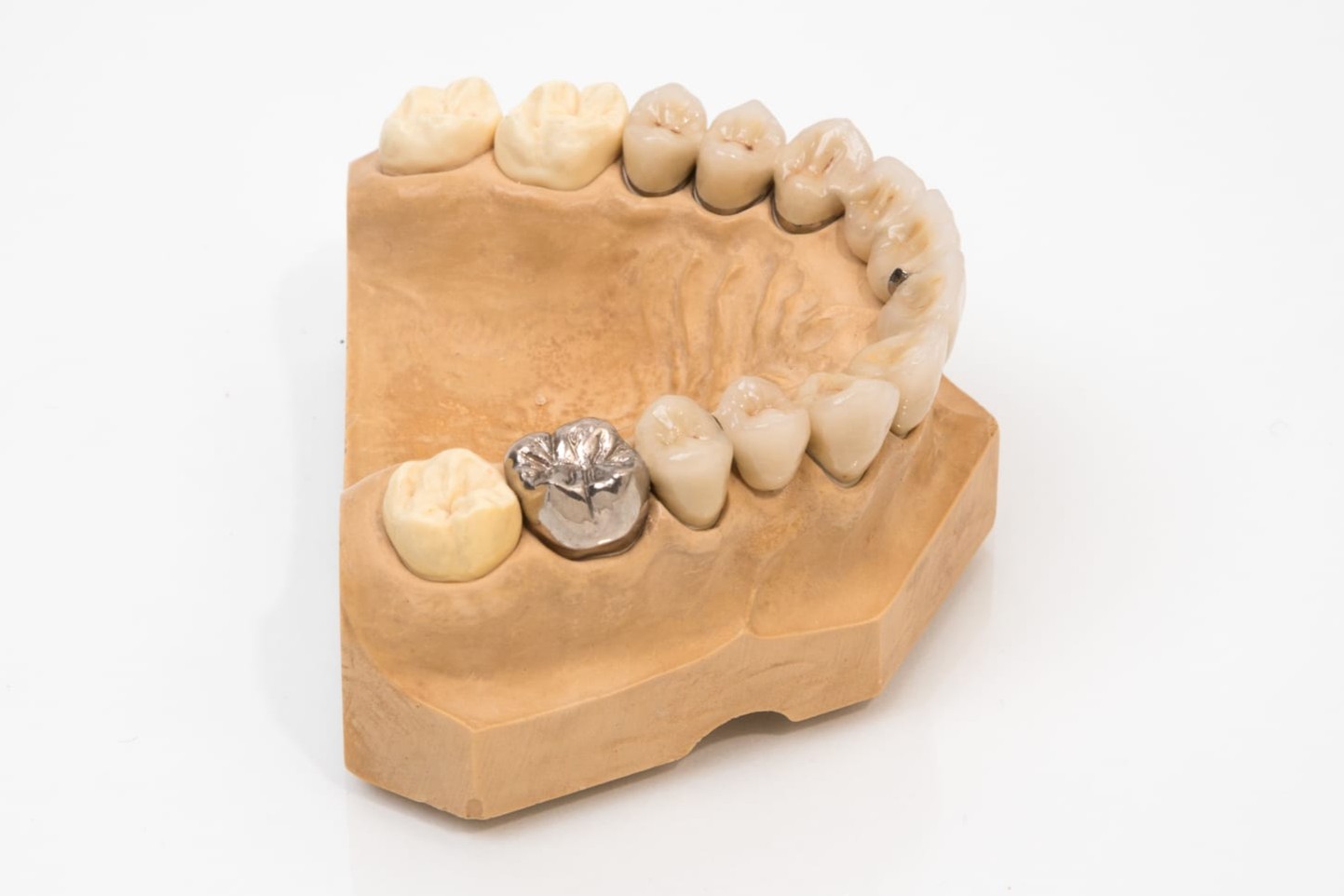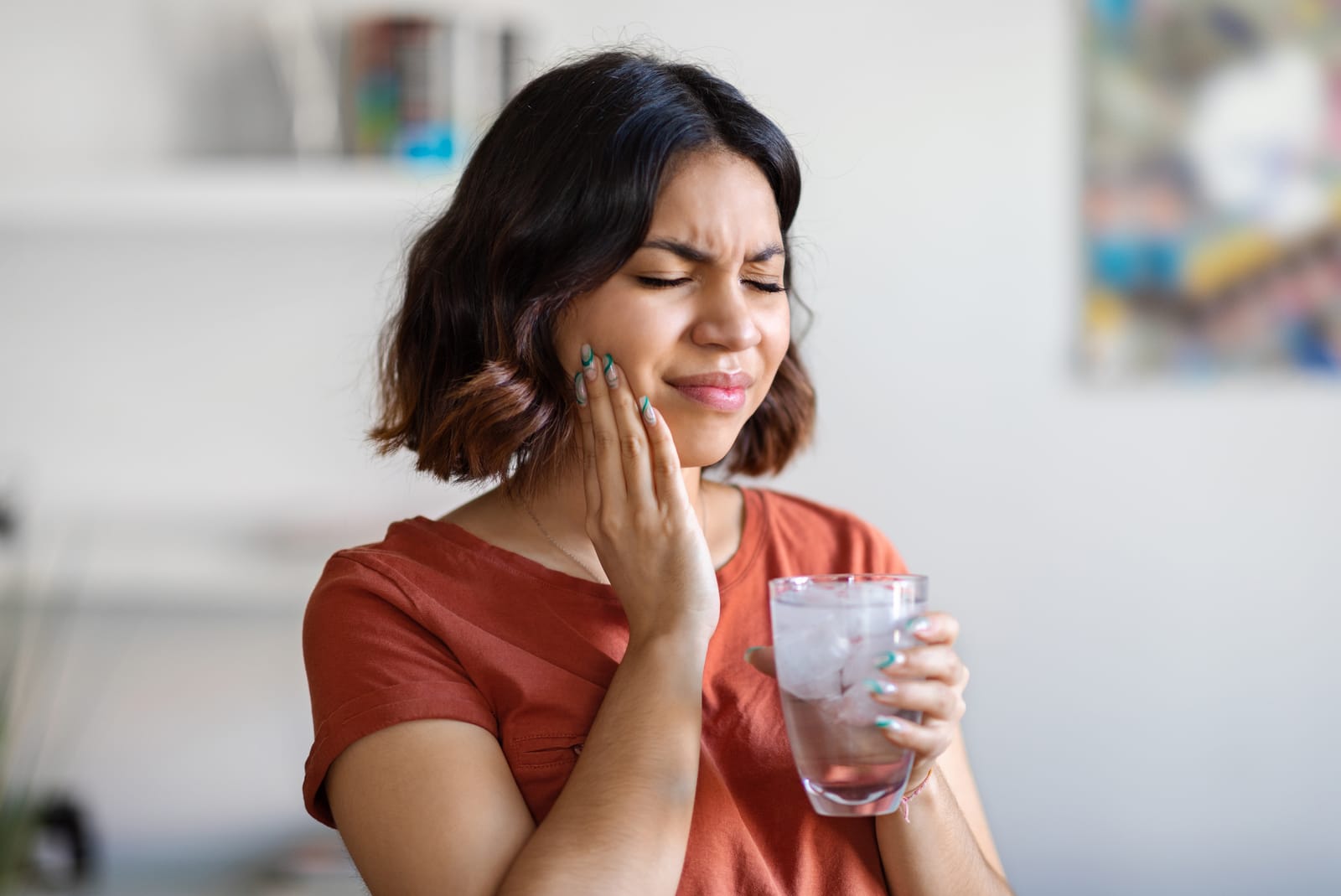Guide to Dental Rinses for Oral Hygiene

Dental rinses are liquid solutions that are used to clean and protect your tongue, gums, and teeth. You do this by swishing it around your mouth for 30 seconds to a minute. The use of mouthwash after brushing can also freshen your breath, kill bacteria that lead to bad breath and provide moisture to the tissues in your mouth.
Some types of dental rinse are available at grocery stores and supermarkets, while others require a prescription from a doctor or dentist. There are two main types of mouthwash: cosmetic and therapeutic. Your dentist might prescribe a particular mouthwash if you are at a higher risk of getting certain dental issues like gum inflammation, tooth decay, dry mouth or gum disease.
A therapeutic mouthwash can also be beneficial following certain dental procedures like periodontal treatments and oral surgery to facilitate healing and provide pain relief. Therapeutic mouthwashes may also be prescribed to you if you have a medical condition or physical impairment that prevents you from brushing your teeth.
Cosmetic Dental Rinses
Cosmetic mouthwash is typically available to the general public. There is no need for a prescription to purchases certain types of this mouthwash. A cosmetic mouthwash can help remove food particles from your teeth, lower the number of bacteria in your mouth, kill the germs that lead to bad breath and whiten your teeth.
There are many cosmetic types of mouthwash that do not contain alcohol, but a vast majority are around 18-26 percent alcohol. That is actually more alcohol that you will find in most alcoholic drinks. For example, most beers have around 5 percent alcohol, while wine has around 10 percent. Flavoring agents also give the rinse a pleasant taste.
Cosmetic mouthwash tends to mask bad breath rather than eliminate it. The fresh breath you get from using one of mouthwash typically lasts only a few hours. If you have persistent halitosis, talk to your dentist since it can be a sign of a serious medical condition like diabetes, a respiratory tract infection, or an oral infection.
Some types of cosmetic mouthwash double as therapeutic rinses since they contain minerals like fluoride that help to strengthen your teeth and protect against cavities.
Therapeutic Dental Rinses
These typically give you all the benefits you get from your average cosmetic mouthwash, but they also contain other ingredients that help to prevent and treat a wide range of oral conditions.
Some of the common types of therapeutic mouthrinses include:
-
Anti-gingivitis
-
Anti-cavity
-
Anti-tartar
-
Antibacterial
-
Antibiotic
How to use Mouthwash
After brushing your teeth, pour about two teaspoonfuls of mouthwash into the cap and pour it in your mouth. Swish it vigorously for 30 seconds to a minute, depending on the instructions on the label. Spit out the mouthwash once enough time passes.
There's no need to rinse your mouth with water after using a mouthwash. Leaving the solution in your mouth after your spit it out gives you extra protection. Contact us to learn more about taking proper care of your teeth or to schedule an appointment.
Get more oral hygiene information or schedule an appointment with St. George Dental Care in our St George dental office here: https://www.stgeorgedentalcare.com. Or call us at (435) 628-9099.
Recent Posts
At St. George Dental Care, we are committed to providing quality healthcare to families in Southern Utah. A crucial part of our mission is educating patients on how lifestyle choices impact their oral health. One of the most significant factors is smoking. Did you know that smokers are twice as likely to have periodontal disease…
A healthy smile is a vital part of your overall well-being, no matter your age. For seniors, maintaining good oral health can significantly impact quality of life, from enjoying your favorite foods to speaking and smiling with confidence. However, aging can bring unique dental challenges that require specific attention and care.Understanding these common issues is…
Vaping has surged in popularity over the last decade, often viewed as a safer alternative to traditional smoking. With their vibrant colors and enticing flavors, e-cigarettes have attracted millions of users. But as their use becomes more widespread, important questions about their long-term health effects arise. One of the most common concerns we hear as…
Winter brings crisp air, cozy sweaters, and for many, an unexpected jolt of pain when sipping hot cocoa or stepping outside. If you've ever winced from a sudden zing in your teeth during the colder months, you're not alone. Winter tooth sensitivity affects millions of people and can turn simple pleasures into uncomfortable experiences.The good…


